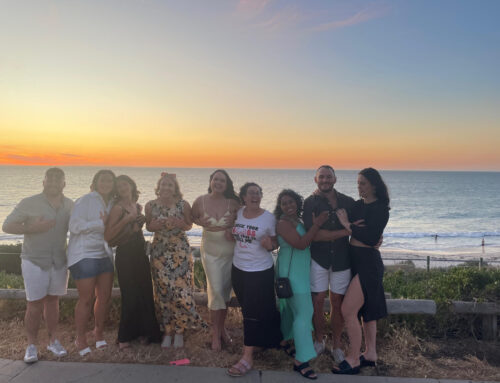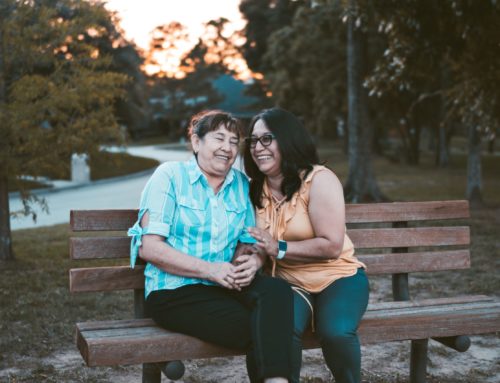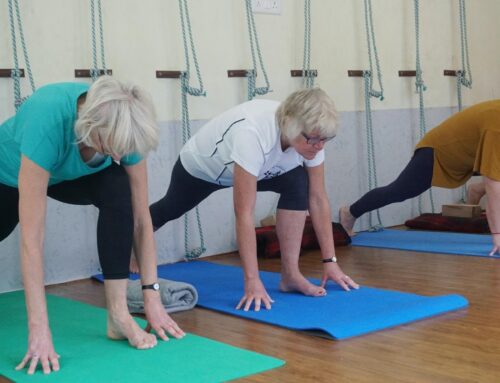You don’t know what you don’t know.
One area of our practice that often comes as a surprise to people undergoing cancer treatment is the recommendation to avoid high doses of antioxidants during radiotherapy and some types of chemotherapy.
But aren’t they good for you?
Antioxidants are components of certain foods that help to neutralise free radicals that cause cell damage. Nutrients that have antioxidant properties include vitamins A, C and E, and minerals copper, zinc and selenium. Pytochemicals, such as isothiocyanates and lycopenes (read more here) also have an antioxidant effect.
Antioxidants are wonderful at repairing cell damage. This is normally a huge benefit for our long term health, wellbeing and anti-aging. Radiotherapy (RT) treatment uses an oxidative process to damage cancer cells (read more here). In the same way antioxidants protect normal cells, there’s a theoretical risk that they may also protect cancer cells. Some studies have shown that high doses of antioxidants during RT can reduce side effects of treatment. We love this impact, but it may also be counterintuitive. Reducing side effects may be a sign that antioxidants are protecting cells. The antioxidants can’t distinguish between healthy and cancer cells. For a short period of time, we want cell damage. We want to control or kill malignant cells. We use very precise treatment fields to minimise ‘collateral damage’ to surrounding healthy tissue. So whilst we can use the power of antioxidants to help repair our healthy cells after RT has finished, we first need to give the anticancer therapy a good shot at doing its job.
To avoid this possible protection, we recommend avoiding high doses of antioxidants in the form of supplements during RT. This includes supplementing with vitamins A (beta carotene), C, E, selenium and powders such as spirulina, Vital Greens and even too much whey protein (which has been shown to enhance our body’s natural antioxidant profile).
Although the risk may be theoretical, we want to give your treatment that we know works the best chance of working. Avoid any supplements, powders or concentrated forms of antioxidants during RT; then include rich food sources of antioxidants from one week after finishing RT to help your healthy cells repair.
Other anticancer therapies may remain active in our bodies for weeks-months after treatment has finished, so it is important that we consider your specific treatment plan when guiding supplement intake.
What about food?
Can you still use spinach leaves in your salad and add berries to you smoothie? The answer is yes! Including food sources of antioxidants is safe within reasonable levels. We want to meet your recommended dietary intake (RDI) of micronutrients, without going overboard. A quarter cup of berries for brekky is different to 1kg juiced carrots each day. If you’re not sure what this means for you, or if the supplements or powders you’re taking may interfere with the impact of your treatment, please reach out to us. It’s our job to work out, with as much precision as possible, the right balance for you.
You don’t know what you don’t know. We’ve got you.
Source: Lauren Atkins – Accredited Practising Dietitian – OnCore Nutrition www.oncorenutrition.com



